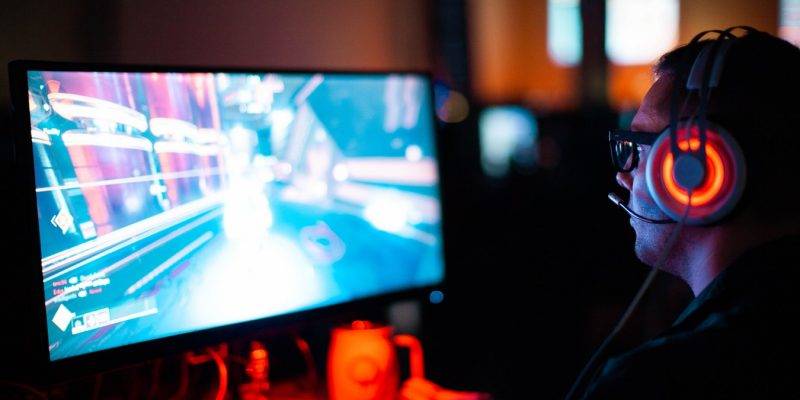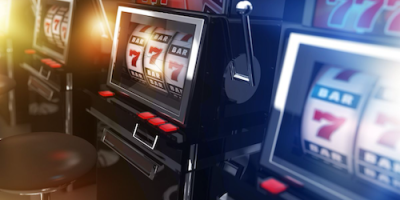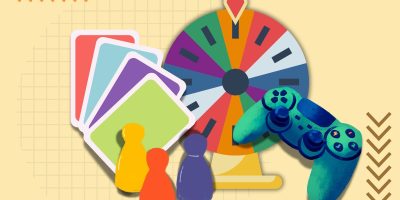The debate whether the tech and entertainment industries have brought more harm than good especially to the young generation has gone on for years. In particular, gaming, which tends to almost perfectly blend the two together has been on the spotlight with the two opposing sides each bringing up their own share of fair opinions. To settle the scored, the World Health Organisation (WHO) has concluded that addiction to gaming is indeed a disorder as far as they are concerned.
WHO’s report and definition of the brand new disorder does read as:
A pattern of persistent or recurrent gaming behaviour (‘digital gaming’ or ‘video-gaming’), which may be online (i.e., over the internet) or offline, manifested by:
Impaired control over gaming (e.g., onset, frequency, intensity, duration, termination, context);
Increasing priority given to gaming to the extent that gaming takes precedence over other life interests and daily activities; and
Continuation or escalation of gaming despite the occurrence of negative consequences. The behavior pattern is of sufficient severity to result in significant impairment in personal, family, social, educational, occupational or other important areas of functioning.
The popularity of competitive survival games has been seen as the peak of game addiction, with a huge amount of evidence that brought about WHO’s decision believed to be from the growing numbers of Fortnite players across the globe. Other similar games have also gathered their own share of crowds with their gamers playing for an insane amount of time, reference PUBG.
Other than that, stories like a Taiwanese being found dead after three days of binge gaming back in 2015 have also contributed to this categorisation.
However, this doesn’t mean that everyone has decided to take the issue seriously as many on social media have decided to brush it off. This even includes parents defending their children’s habitual decisions since some of them have grown to be prominent professional gamers earning huge chunks of money from e-game championships.
Even with the various bodies being disappointed with WHO, Sony who may be a giant in this industry have surprisingly reported that they have decided to take the issue seriously and put in necessary measures to help in curbing addiction.
“We’ve already implemented a rating system (to restrict players by age) and have been taking measures based on our own standards,” Sony’s CEO, Kenishiro Yoshida told Japanese media outlets without going into further details.
With the two parties still debating, because they will still continue to do so, it might be important for individuals, gaming enterprises and anyone else involved to start conversations about this and identify every good, bad and ugly surrounding the industry.






Comments